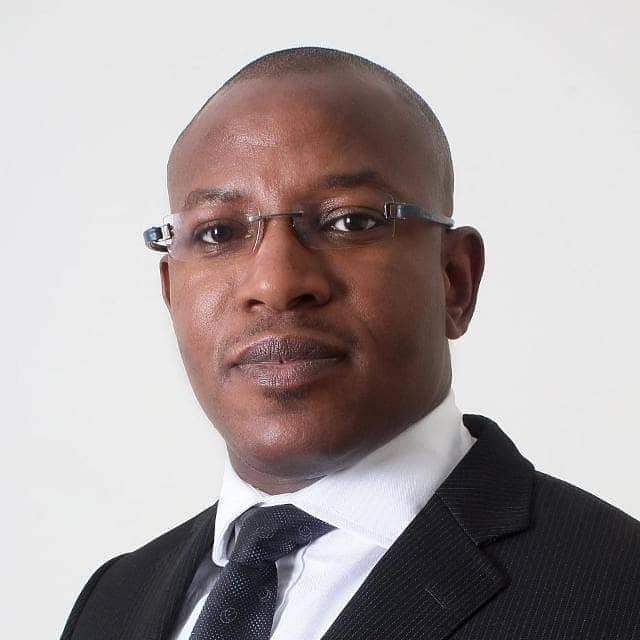Jekwu Ozomena
I wrote the original piece in April last year however there has since been a sustained escalation of the dehumanization and otherness that precedes and sustains every genocide.
We are now found to be debating whether the almost daily gruesome killings in Nigeria are by Fulani herdsmen or armed bandits.
Others have reminded us that killings and kidnappings in Nigeria did not originate from the Fulani’s and rhetorically asked if Evans (the popular kidnapper currently undergoing trial) is a Fulani.
That is why I beg of people to look at history as a teacher so that we do not make the errors of the past.
Let us be careful in our support for religious fanaticism, ethnic jingoism, nationalism, populism or whatever other guise or form that otherness and dehumanization come in.
Religion and ethnic jingoism can be dangerous opioids, particularly when it is steeped in fundamentalism.
Let us not profile however we should also remember that labels matter because whenever we find our local authorities helpless, appropriate labels galvanize the international community into action.
THE LIFE OF ONE NIGERIAN CITIZEN – WHAT IS IT WORTH?
What is the value of the life of one Nigerian citizen?
Is it our weight in gold, diamond, Wakanda vibranium or a cow?
But then, that may even be stretching it too far, for with what is happening in the country today, our lives appear worthless.
I vividly remember the time in Nigeria when it was deemed very woke and patriotic to mouth a quote attributed to General Abacha, “If an insurgency lasts more than 24 hours, then the government has a hand in it”, now I wonder who has a hand in this relentless and almost daily massacre of Nigerian citizens.
Massacre?
Why did I even refer to it as ‘daily massacre?’
In what appears to be some form of intentional self-delusion, we have all come up with different euphemisms to pronounce what is going on; farmer / herdsmen clashes, Fulani herdsmen attacks, bandits attack, horrific attacks, catastrophic, devastating, atrocities, criminal attacks, yet we seem to be wary of calling these killings what they truly are. Something just blocks its verbalization as it attempts to roll off our tongues.
But I am not surprised. For 52 years Nigerians have consistently referred to the killings of Eastern Nigerians before and after the Biafran civil war as “Pogroms”, defined as “an organized massacre of a particular ethnic group”.
So why use a synonym?
Why deodorize what is going on?
In Rwanda, we talk about the genocide against the Tutsis. No one says “the Pogrom”, much less “the Pogrom against the Tutsis”.
Why?
Because labels matter.
Definitions determine the nature of the reaction of the international community.
Words, the right words and labels are instruments of policy. If what happened in our past had been classified as a genocide against the Igbos, or genocide against the people of Eastern Nigeria, a lot of our elder statesmen, current and past leaders would have been tried at the International Court of Justice and would be languishing in jail.
They walk around free men because they participated in a pogrom, not a genocide.
So, how many more deaths before we call this one a genocide?




